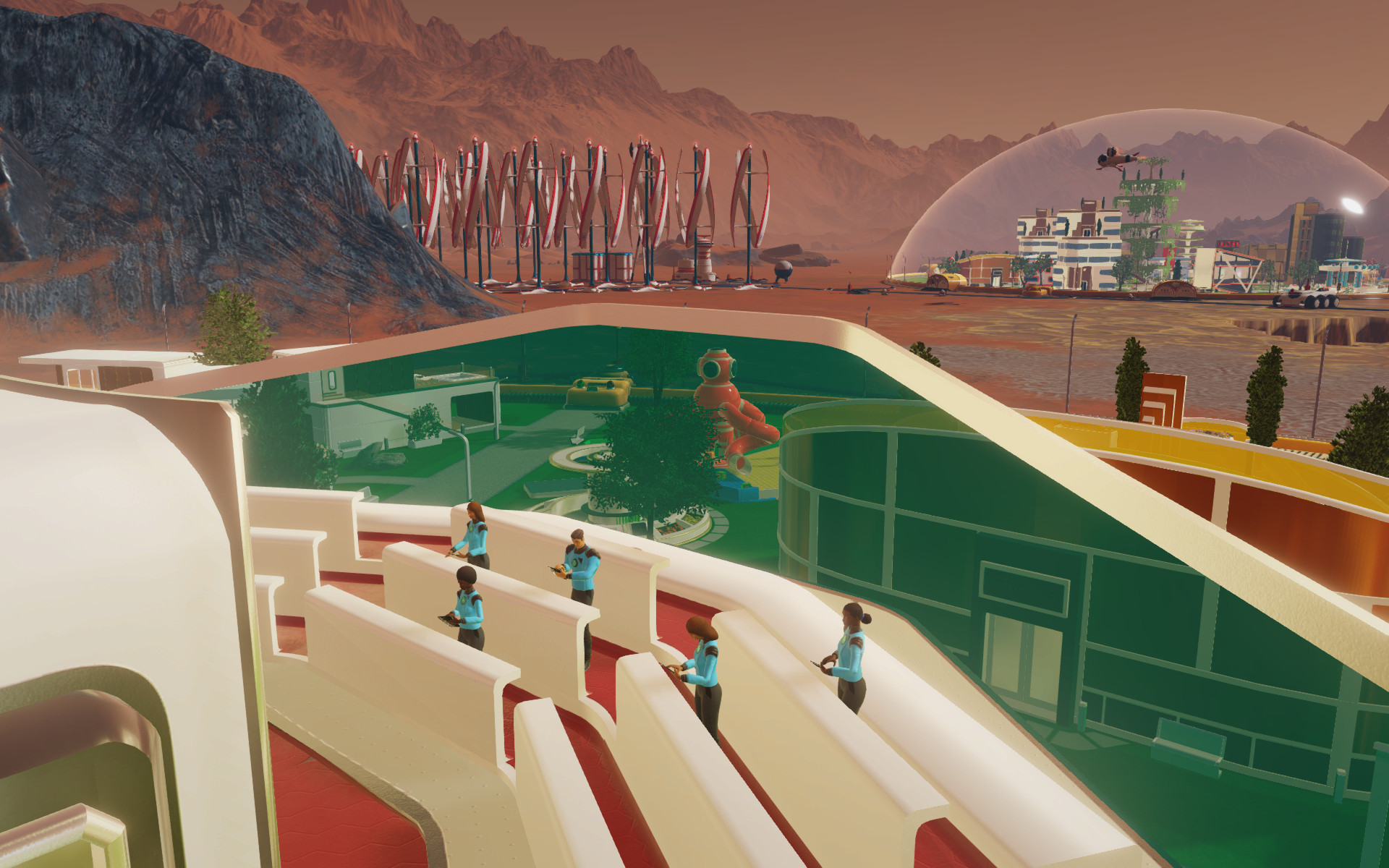

All nations – especially those like the UK with high-tech capability - should scale up research and development into all forms of low-carbon energy generation and into other technologies where parallel progress is crucial - especially storage (batteries, compressed air, pumped storage, hydrogen, etc) and smart grids.

This is a daunting challenge at a time when there’s an internationally agreed goal constraining climate change by eliminating the use of fossil fuels.īut there's a 'win-win' roadmap to a low-carbon future. These will expand even faster than the demand for food: the poorest countries will aim to close the gap with consumption in Europe. The second big challenge is to meet the world’s energy needs.


Acceptable meat substitutes are an ecological benefit - and, for many of us, an ethical advance too future generations will look back in horror at the 'factory farming' techniques that prevail today. In 2020, Singapore's food regulatory agency approved the sale of 'cultured' meat developed by US start-up Eat Just. It will be a while, though, before their “pseudo-burgers” will satisfy carnivorous gourmands for whom beetroot juice is a poor substitute for blood.īut biochemists have been making breakthroughs: they 'grow' meat by taking a few cells from an animal and then stimulating growth with appropriate nutrients. 'Beef' burgers (made mainly of wheat, coconut, and potato) are now being marketed in the US by companies called Beyond Meat and Impossible Foods. Some dietary innovations are feasible without 'frontier' science, for instance converting insects -highly nutritious and protein-rich into palatable food and making artificial meat from vegetable protein. And we can’t all eat as much beef as present-day Americans.Ī sustainable and benign long-term future is possible, but only if science and technology are deployed and prioritized optimally. We need ‘sustainably intensive’ agriculture that can produce crops efficiently in a changing climate. And this must be done without unduly encroaching on nature and forests. World food production needs to double to ensure that all those in India and Africa (where the main growth will be) are as well-nourished as we are in the Global North. By mid-century there will be about 9 billion. There are now 7.8 billion people on the Earth, many undernourished and in extreme poverty. But our predicament parallels that of a frog in a warming pot who fails to respond until it’s too late to save itself.īut there is some good news: a sustainable and benign long-term future is possible, but only if science and technology are deployed and prioritized optimally. Unlike COVID, these interlinked crises are slowly-emergent: they don’t lead to public pressure for urgent action. Let’s hope that, when this crisis is passed, we can focus on the longer-term challenges the world faces: providing food, energy and healthcare for a rising population, with an ever heavier footprint on the planet, without irreversibly degrading the biosphere. Second, international science can be our salvation – as in the development of vaccines. First, our entire world is interconnected: a catastrophe in any region can cascade globally. We must think globally and rationally to safeguard our future, argues futurist and Astronomer Royal Martin Rees. There is much to fear and much to be hopeful for.


 0 kommentar(er)
0 kommentar(er)
